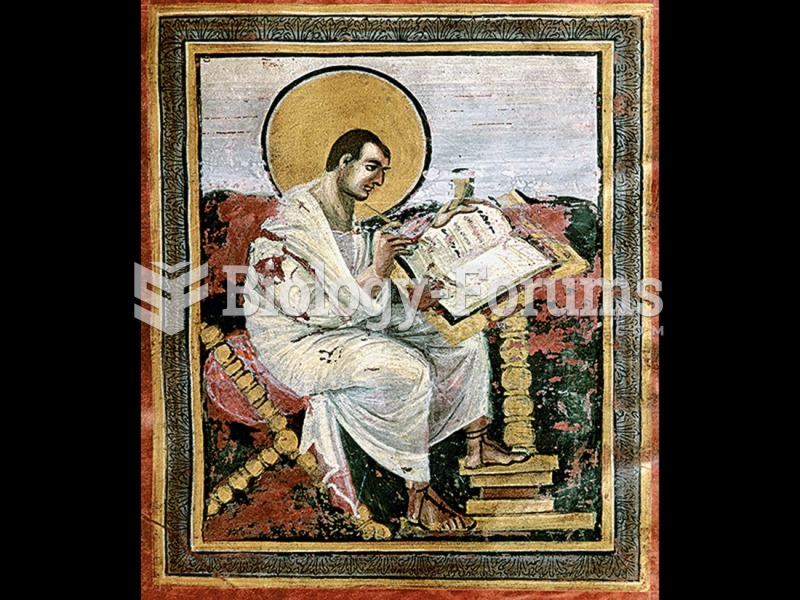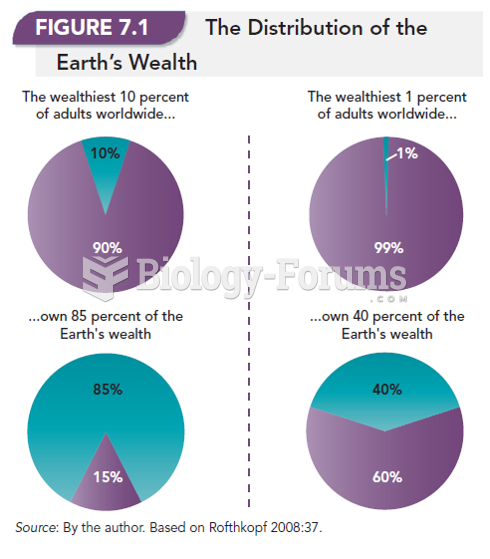Question 1
Edward Bellamy's 1888 book, Looking Backward,
A. depicted a world presided over by an industrialist-king modeled on J. P. Morgan.
B. imagined an ideal future in which all corporations were combined into one great trust.
C. described an America engaged in a second civil war due to concentrated wealth.
D. promoted the virtues of economic competition.
E. accepted the necessity of class divisions in a capitalist economy.
Question 2
The late-nineteenth-century sociologist Lester Frank Ward
A. suggested that industrialism was creating organization men.
B. argued that people could do little to alter the economic stratification of society.
C. sought to apply Darwinian laws to human society.
D. believed that human intelligence, not natural selection, shaped society.
E. believed that government intervention in society would be harmful.
Question 3
In his books, Horatio Alger
A. offered true accounts of poor Americans who had become wealthy.
B. inspired readers with stories of Americans rising from rags-to-riches.
C. took critical issue with the ideas of Social Darwinism.
D. criticized child labor in American industry.
E. argued that wealth and privilege were ultimately hollow achievements.
Question 4
According to the ideas expressed by Andrew Carnegie in his The Gospel of Wealth,
A. only pious Americans would prosper.
B. successful businessmen had every right to live as they pleased.
C. it was the Christian duty of every American to become wealthy.
D. the rich had great responsibilities to society.
E. the wealthy had earned their money through God's blessing alone.







